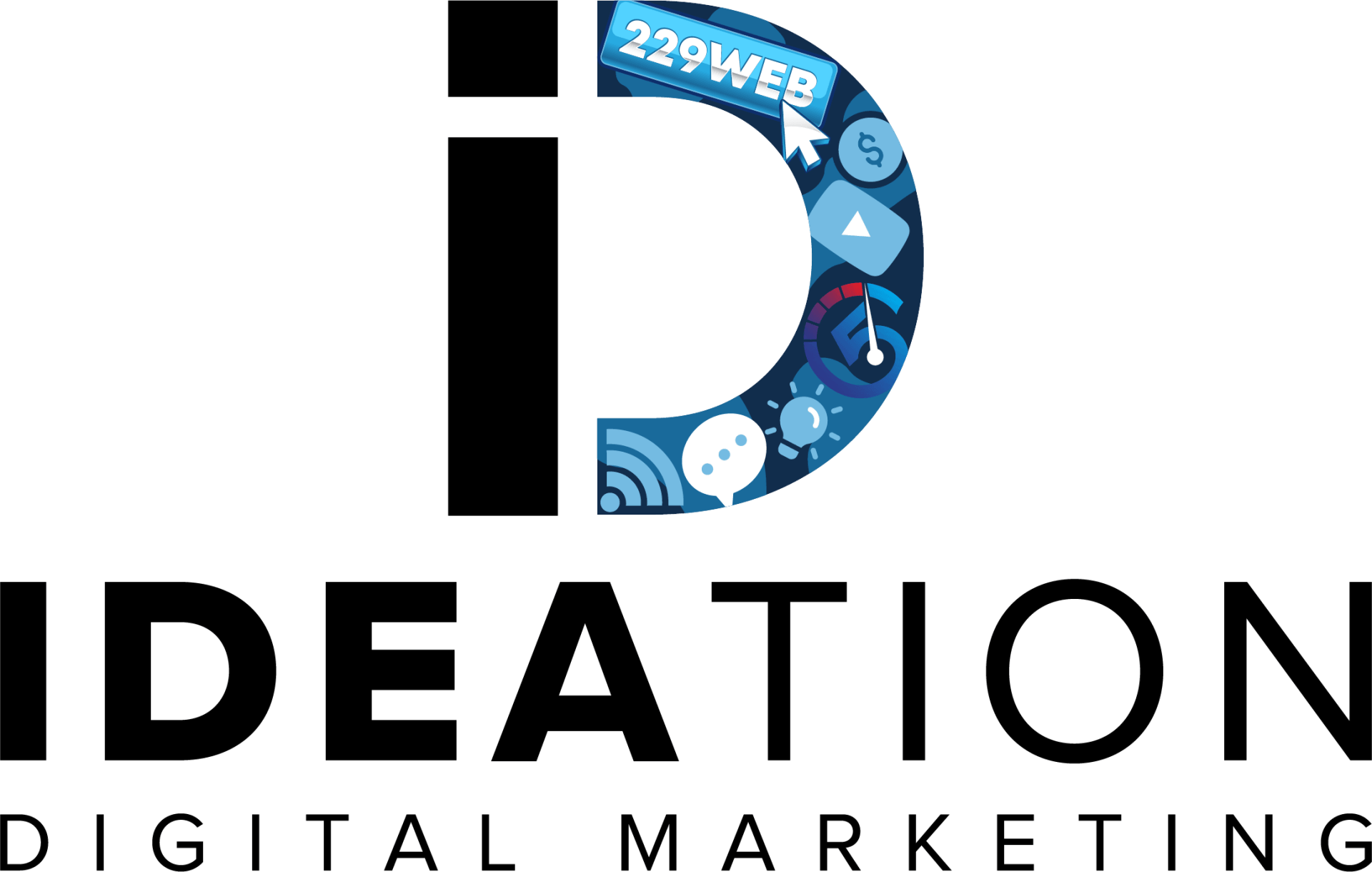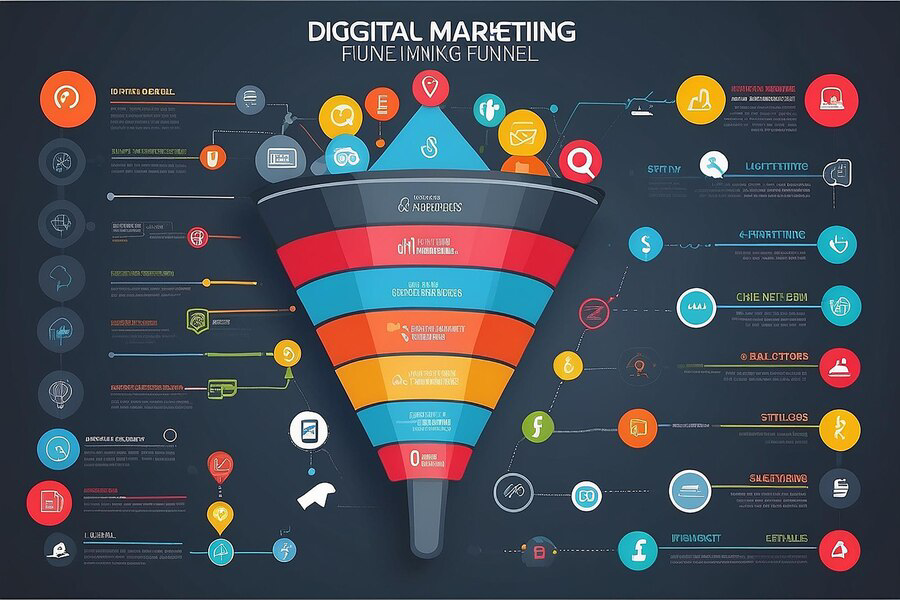How to Optimize Your Website for Digital Marketing
In today's digital age, having a well-optimized website is crucial for any business aiming to thrive online. Whether you're a small startup or a well-established corporation, ensuring your website is finely tuned for digital marketing can significantly impact your online presence and business success. Optimization isn't just about aesthetics; it encompasses various elements that collectively enhance user experience, drive traffic, and ultimately, convert visitors into customers. Optimizing your website for digital marketing involves several key strategies. Firstly, focusing on search engine optimization (SEO) boosts your site's visibility in search engine results, making it easier for potential customers to find you. Additionally, ensuring your website is mobile-friendly is essential, as more users access the web via smartphones and tablets. User experience (UX) design plays a pivotal role, ensuring navigation is intuitive and content is engaging. Finally, integrating analytics tools provides valuable insights into visitor behavior, enabling continuous refinement and improvement of your digital marketing efforts. By prioritizing these elements, you can effectively maximize your website's potential and achieve your business objectives in the digital landscape.
Understanding SEO Basics for Website Optimization
In the fast-paced world of digital marketing, where competition for online visibility is fierce, understanding Search Engine Optimization (SEO) is crucial for optimizing your website. SEO isn't just about ranking higher on search engine results pages (SERPs); it's about enhancing user experience, driving organic traffic, and ultimately achieving your business goals. In this blog post, we'll explore the fundamental SEO basics that every website owner should know to improve their online presence effectively.
What is SEO
SEO refers to the practice of optimizing your website to rank higher in search engine results pages (SERPs) organically, without paying for placement. It involves a combination of techniques aimed at improving website visibility, relevance, and authority in response to specific search queries.

Importance of Keyword Research
Keyword research forms the foundation of SEO. It involves identifying the terms and phrases your target audience is searching for. Tools like Google Keyword Planner, SEMrush, and Ahrefs help you discover relevant keywords with adequate search volumes and moderate competition.
On-Page SEO Techniques
On-page SEO focuses on optimizing individual web pages to improve their search engine rankings and drive organic traffic. Key elements include: Title Tags and Meta Descriptions: Crafting compelling and keyword-rich title tags and meta descriptions that accurately reflect page content. Header Tags (H1, H2, H3): Organizing content with headers helps search engines understand the structure and hierarchy of your webpage. Optimized Content: Creating high-quality, relevant content incorporating target keywords naturally.
Importance of Quality Content
Content remains king in SEO. Search engines prioritize websites that provide valuable, informative, and engaging content. Focus on creating original content that answers users' queries and solves their problems.
Technical SEO Considerations
Technical SEO involves optimizing your website's infrastructure to ensure it can be crawled and indexed effectively by search engines. Key technical SEO elements include: Site Speed: Fast-loading websites provide a better user experience and tend to rank higher. Mobile Friendliness: With more users accessing the internet via mobile devices, responsive design is crucial for SEO. SSL Certificate: Securing your website with HTTPS encrypts data and improves trustworthiness.
Creating Engaging Content: A Key to Website Optimization
In the digital age, where attention spans are shorter and competition for online visibility is fierce, creating engaging content is paramount for optimizing your website. Engaging content not only attracts visitors but also keeps them on your site longer, encourages social sharing, and ultimately improves your search engine rankings. Whether you're writing blog posts, producing videos, or designing infographics, crafting content that resonates with your audience is essential. Here's a comprehensive guide to creating engaging content that will help optimize your website effectively.
Understanding Your Audience: Know Who You're Writing For
Before creating content, it's crucial to understand your target audience. Research their demographics, interests, pain points, and preferences. Use tools like Google Analytics, social media insights, and customer surveys to gather data and create buyer personas. Tailor your content to address their needs and interests, ensuring it resonates with them on a personal level.

Establish Clear Objectives: Define What You Want to Achieve
Set specific goals for your content creation efforts. Whether it's increasing website traffic, generating leads, boosting brand awareness, or improving conversions, clear objectives provide direction and help measure success. Align your content strategy with these goals to ensure every piece of content serves a purpose in your overall marketing strategy.
Compelling Headlines and Introductions: Grab Attention from the Start
Your headline is the first thing users see, and it plays a crucial role in capturing their interest. Craft compelling headlines that are clear, concise, and intriguing. Follow up with an introduction that hooks readers and sets expectations for what they'll gain from reading further. Use storytelling techniques, ask questions, or present intriguing facts to engage your audience right from the beginning.
Valuable and Relevant Content: Educate, Entertain, or Inspire
Create content that provides value to your audience. Whether it's educational articles, entertaining videos, or inspirational stories, ensure your content meets their needs and interests. Offer practical tips, in-depth guides, industry insights, or unique perspectives that differentiate your content from competitors and establish your authority in your niche.
Visual Appeal: Use Multimedia to Enhance Engagement
Incorporate visuals such as images, videos, infographics, and charts to enhance your content's appeal and effectiveness. Visual content not only breaks up text but also makes information easier to digest and more memorable. Use high-quality visuals that are relevant to your content and reinforce your message effectively.
Conversion Rate Optimization (CRO): Turning Visitors into Customers
Conversion Rate Optimization (CRO) is the process of increasing the percentage of website visitors who take desired actions, whether that's making a purchase, filling out a form, or subscribing to a newsletter. It's a critical aspect of digital marketing because it focuses on maximizing the return on investment (ROI) from existing traffic. Here are key points to help you effectively optimize your website for higher conversion rates:
- Clear Call-to-Actions (CTAs): Use compelling and prominently placed CTAs that guide visitors towards the desired action. Make them stand out visually and use action-oriented language.
- Streamlined User Experience (UX): Ensure your website is easy to navigate with intuitive design and clear pathways to conversion points. Minimize distractions and friction points that may deter users from completing actions.
- A/B Testing: Experiment with different variations of your web pages, CTAs, and content to identify what resonates best with your audience. Test elements such as headlines, button colors, and form lengths to optimize for conversions.
- Responsive Design: Optimize your website for mobile devices to provide a seamless experience across all screen sizes. Mobile-friendly design is crucial as an increasing number of users access websites via smartphones and tablets.
Conclusion
Optimizing your website for digital marketing is not just a good practice but a crucial step towards achieving online success. By implementing the strategies outlined in this blog, such as improving site speed, enhancing user experience, and leveraging SEO techniques, you can significantly boost your website’s visibility and effectiveness in reaching your target audience. Remember, digital marketing is a dynamic field, so staying updated with the latest trends and continuously refining your strategies is key to staying ahead of the competition.
If you’re ready to take your digital marketing efforts to the next level, Ideation Digital Marketing is here to help. Located in Charleston, WV, we specialize in optimizing websites to maximize their digital marketing potential. Whether you need assistance with SEO, content marketing, social media management, or overall digital strategy, our team is dedicated to delivering results that drive your business forward. Contact us today at (304) 814-2445 to schedule a consultation and discover how we can tailor our services to meet your specific needs. Let’s work together to enhance your online presence and achieve your business goals!












